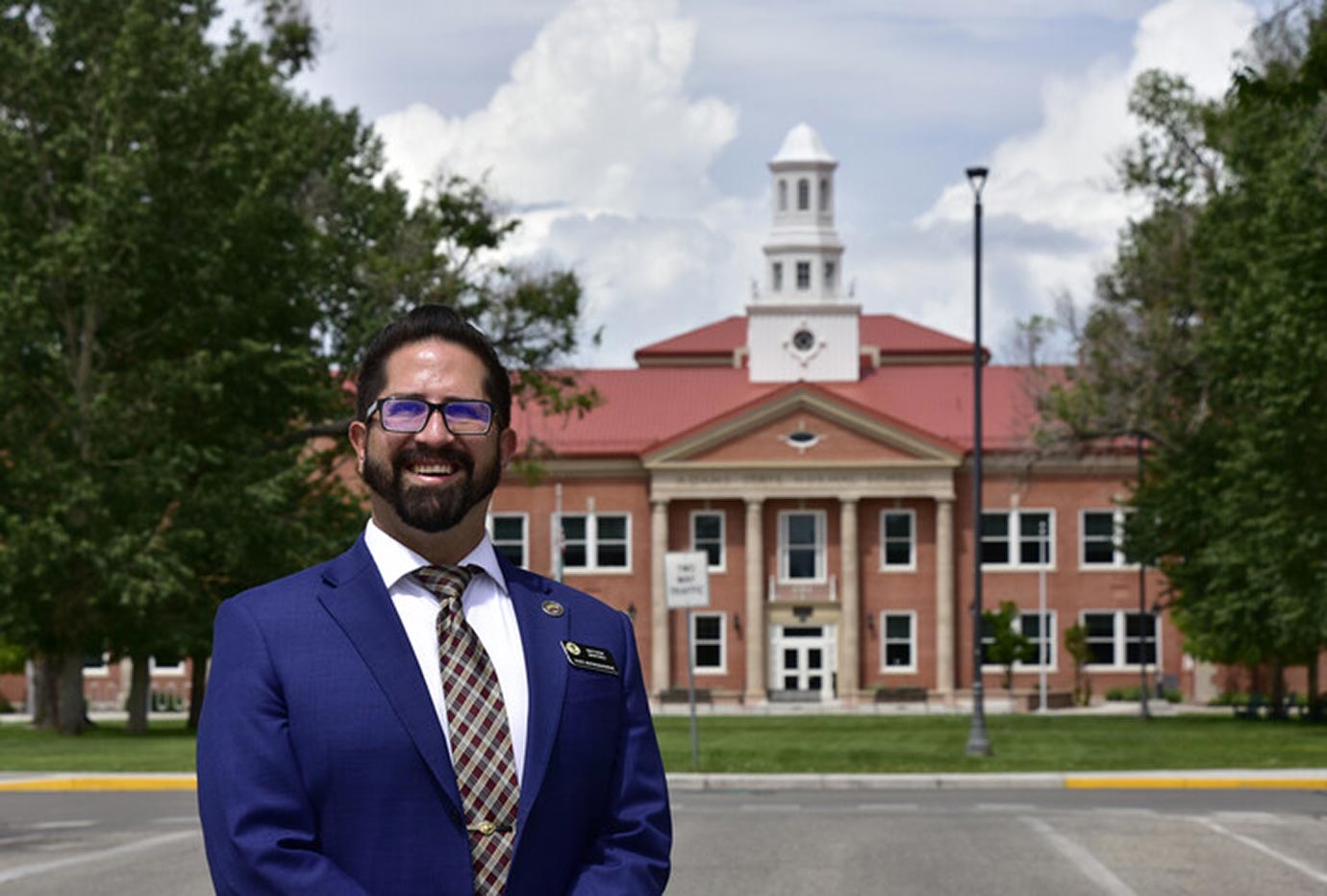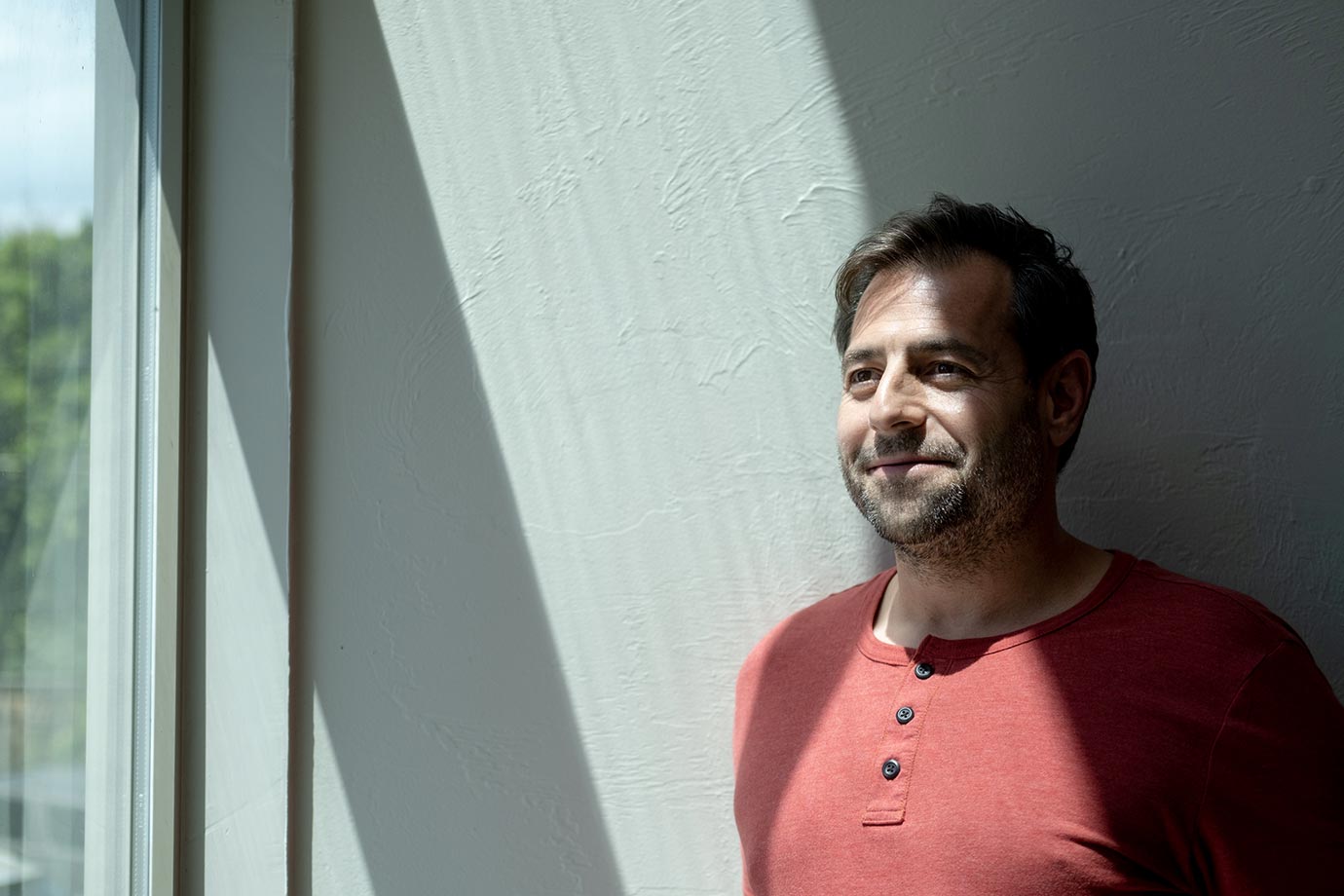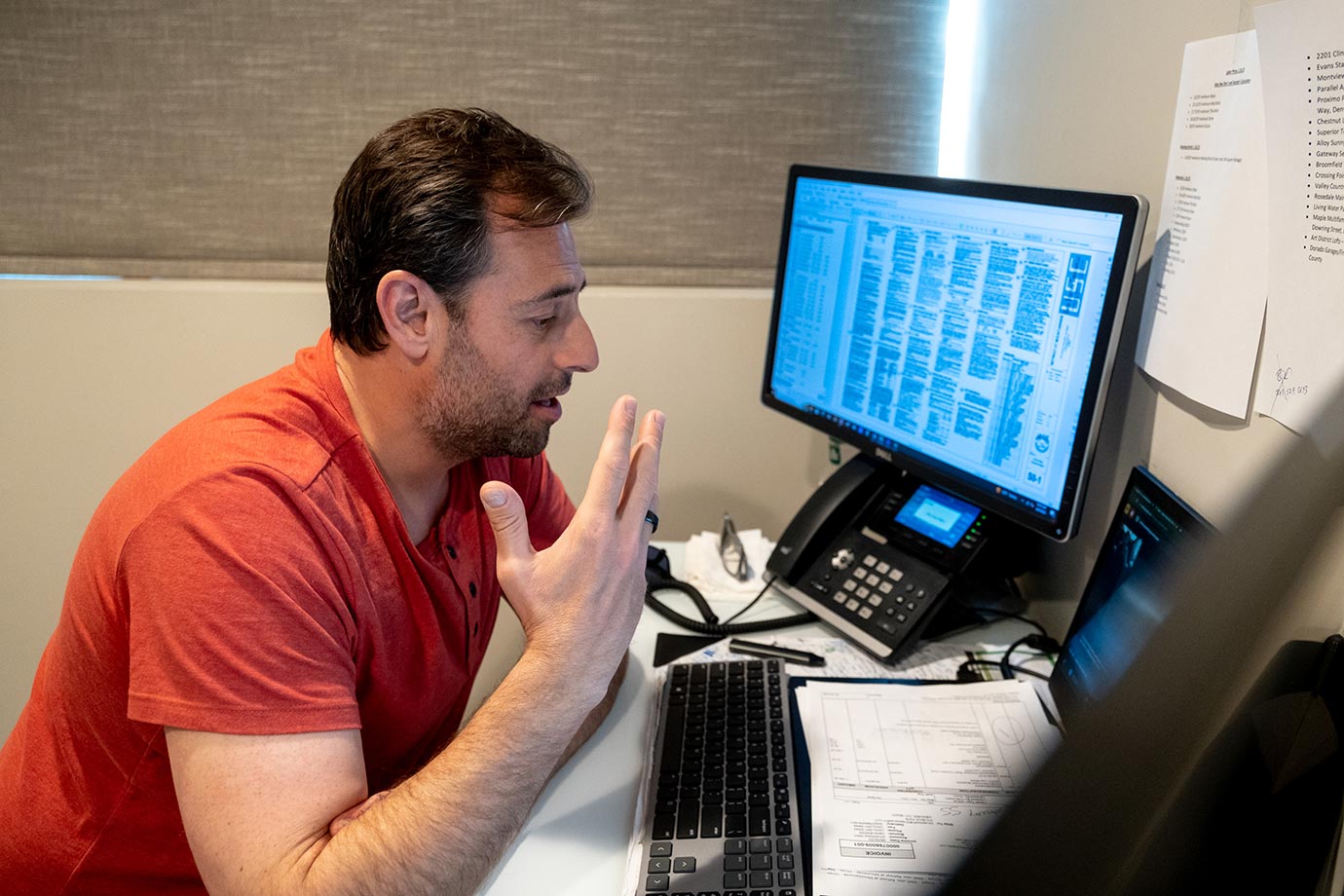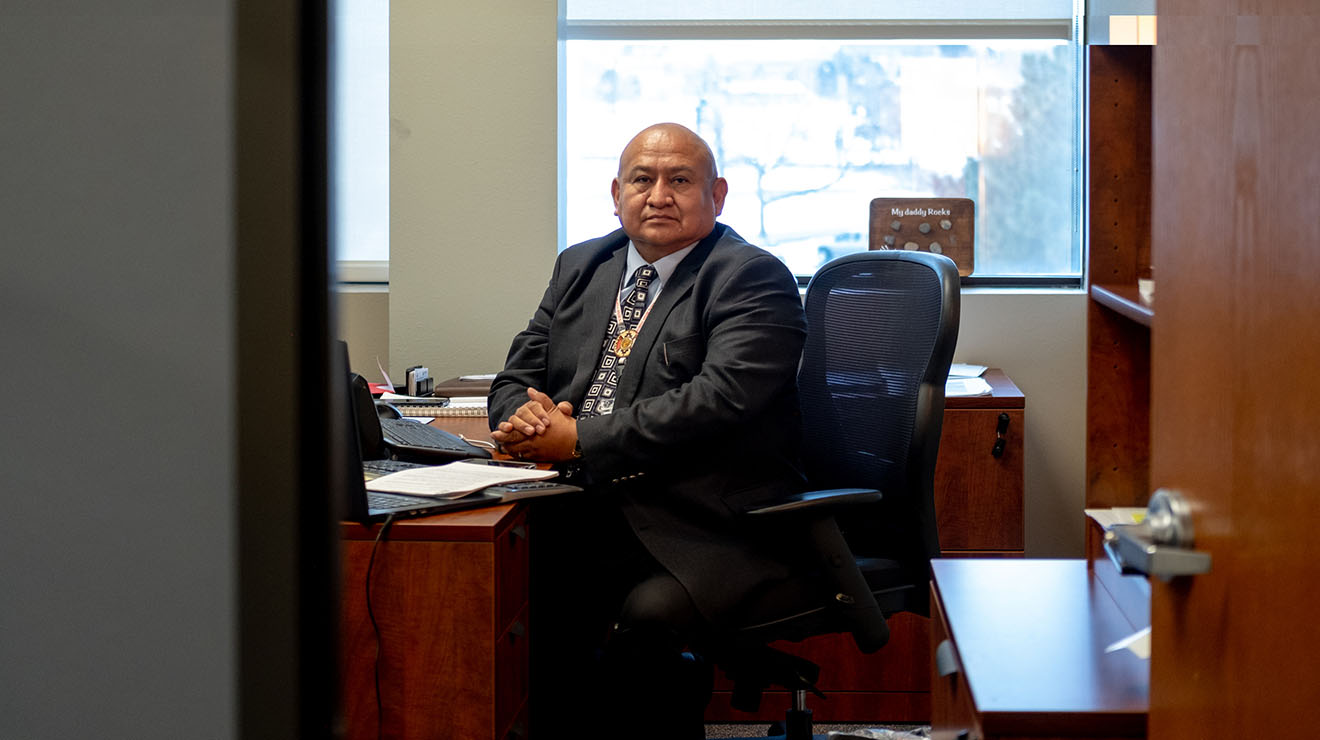Soon after Bikram Mishra got out of prison in 2018, an administrator at Adams State University in Alamosa, Colo. called to ask if he would teach a college class for incarcerated students. During his 12 years of incarceration, Mishra earned three business degrees from Adams State and was known for being an educator behind bars.
“At first, I said ‘hell no.’ I didn’t want to voluntarily walk into another prison,” recalled Mishra, who is now in the Denver metro area. But after learning the classes would be taught online and thinking about the impact he could have, he agreed.
Mishra was one of a few formerly incarcerated people to testify in support of a bill passed during the 2023 state legislative session that seeks to make college degrees more accessible—and enticing—for incarcerated students in Colorado. The bill, which was signed into law by Gov. Jared Polis on April 12, decreases prison sentences for those with nonviolent felony offenses that earn accredited higher education degrees or certificates.
Under the new law, a person will receive six months off their sentence for a certificate or other credential that requires the completion of at least 30 credit hours; one year off for an associate’s or baccalaureate degree; 18 months off their sentence for earning a master’s degree; and two years off their sentence for a doctorate degree.
Currently, three higher education institutions in Colorado offer prison programs: Adams State University, Pueblo Community College and Trinidad State College. No institution currently offers a doctorate degree for incarcerated students and Adams State offers the only accredited master’s degree program.

State Rep. Matthew Martinez at Adams State University in Alamosa, Colo. Martinez, formerly the prison college program director at Adams State, co-sponsored bipartisan legislation in 2023 that reduces prison sentences for inmates if they attain higher education certificates or degrees. Photo by John McEvoy / Special to The Colorado Trust
By Sept. 20, 2023, three more accredited institutions will be approved to offer programs, though the names of the institutions have yet to be announced. The current programs were formally launched in 2020 as part of a federal pilot program and have faced many obstacles, including COVID-19 lockdowns, severe staffing shortages across the prison system, and technology delays. The Colorado Department of Corrections is working to expand broadband capabilities within the state’s prisons, said Annie Skinner, a spokesperson for the department, in an email.
The new law comes as significantly more incarcerated people become eligible for federal Pell Grants to pursue college through the U.S. Department of Education. Starting in July 2023, incarcerated students will be able to access the funding for the first time in decades. Eligibility for incarcerated students was stripped in the now-infamous 1994 crime law. The financial assistance—currently up to $7,395 per academic year—is awarded to low-income students to cover tuition and other educational expenses.
“Access to and completion of higher education programming can open up many new job opportunities” for formerly incarcerated people, wrote Skinner in an email. “Having a job has been shown to reduce recidivism which not only improves public safety but also has a positive impact on current and future generations.”
That’s especially impactful for people of color who are disproportionately represented in state and federal prisons as a result of decades of racist policing practices and federal policies that led to mass incarceration. The U.S., with approximately 2 million people in prison and jails, incarcerates more people than any other country, and the number of people incarcerated has increased 500% over the last 40 years, far outpacing crime rates.
Incarcerated people who participate in postsecondary education are 48% less likely to return to prison for new crimes after being released, according to the Vera Institute of Justice. The nonprofit estimates that increasing educational opportunities in prison could save $366 million in taxpayer funds each year, primarily from the reduction in recidivism. Each year, the savings incurred by the earned-time program will be allocated to the Colorado higher education institutions offering prison programs.
The earned time from the educational attainment will be calculated automatically in the Department of Corrections system. When a person is nearing their parole date, they will submit official transcripts with their parole packet.
For State Rep. Matthew Martinez, an Alamosa Democrat who co-sponsored the bill, an important aspect of the new legislation is that the sentence reduction is mandatory.
“DOC can’t say, ‘Well, they earned their degree but this, this and this,’” said Martinez, who is the former prison college program director at Adams State University. “It has to be accounted for, for early release.”
“Some other states have this in some way, shape or form, but this is by far the most overarching policy in the nation at the moment,” Martinez added, who co-sponsored the bipartisan bill alongside State Rep. Rose Pugliese, a Colorado Springs Republican, and State Sen. Julie Gonzales, a Denver Democrat.
State lawmakers will receive an update in 2028 on how the new program is meeting its objectives, according to the law. Martinez hopes to commission a study in the coming years to measure recidivism, employment rates and the wages a person receives once released.
Mishra hopes that better access to education for incarcerated students will lead to larger systemic changes within the criminal justice system. He hopes that those with violent felony convictions will also be given the opportunity to earn time off their sentences for obtaining college degrees.
“We need to punish for crimes because we live in a civilized society. But we don’t need to punish them so bad that we make them worse,” Mishra said. “They need to be given the tools to make themselves better, and then motivate them to do so. And that’s where education comes in.”

Mishra testified in support of the 2023 legislation authorizing sentence reductions for inmates who attain higher education certificates or degrees. Photo by Eli Imadali / Special to The Colorado Trust





